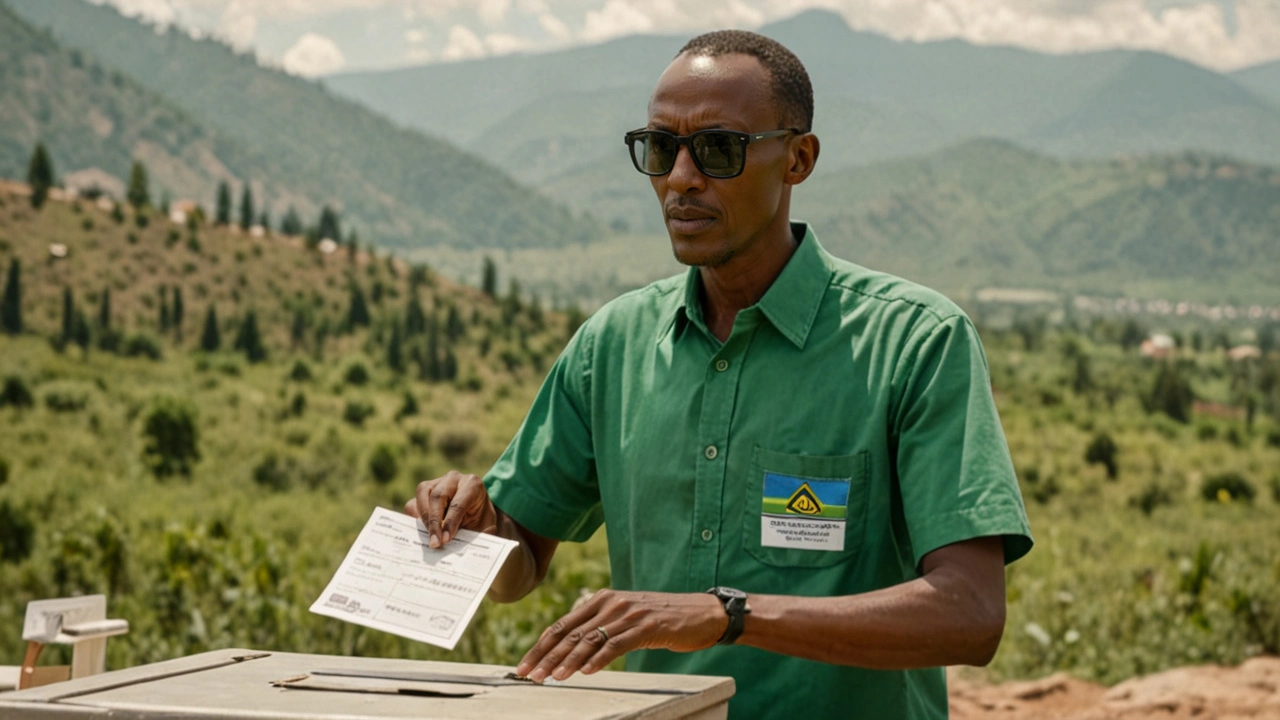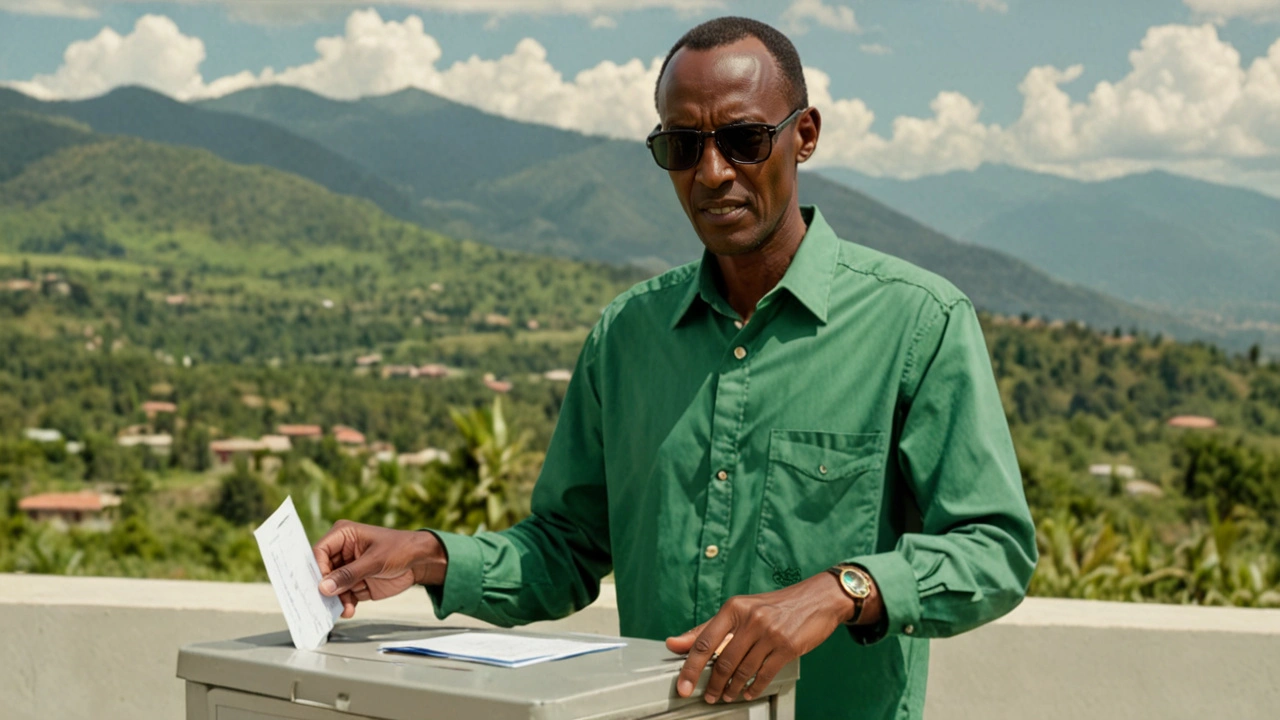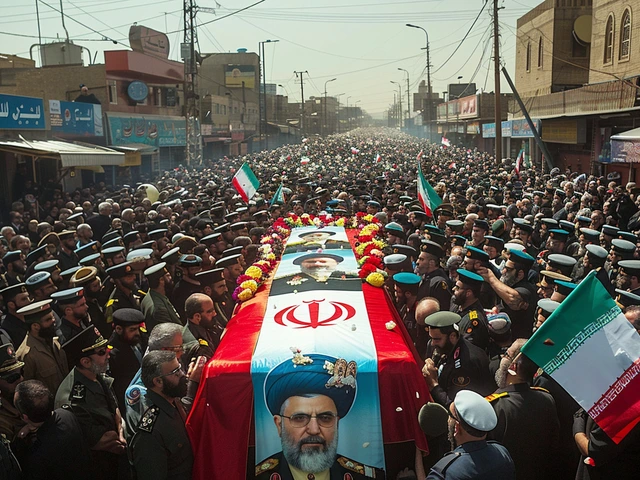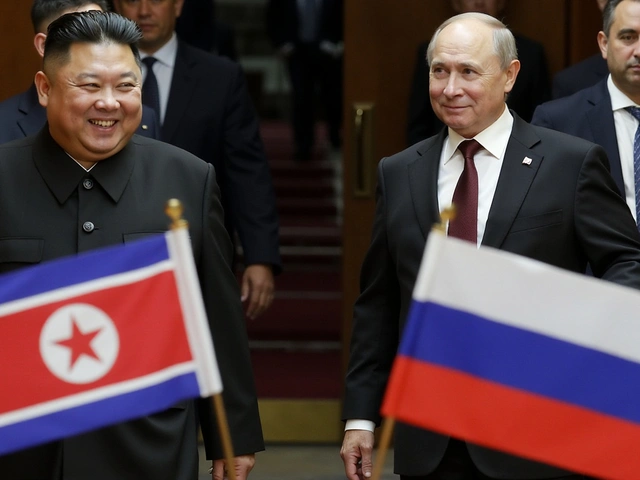Paul Kagame's Resounding Victory in Rwanda Election
Rwanda's President Paul Kagame is poised to extend his 24-year rule with a substantial victory in the recent election. Preliminary results indicate that Kagame secured nearly 99.15% of the votes, with roughly 79% of the ballots counted. This landslide win signifies yet another clear endorsement from the Rwandan electorate, echoing the overwhelming result he achieved in the 2017 election where he won 98.8% of the vote.
With over 9.5 million eligible voters, the electoral commission reported an impressive 98% voter turnout, reflecting robust engagement in the democratic process. Voters cast their ballots for the president and 53 legislators, with additional elections scheduled for specialized seats reserved for women, youth, and individuals with disabilities.
Minimal Opposition
Kagame's two challengers, environmentalist Frank Habineza and journalist Philippe Mpayimana, collectively garnered less than 1% of the vote. This stark contrast underscores Kagame's continued dominance in Rwandan politics. The final provisional results are expected by July 20, with the definitive outcome set to be announced by July 27.
Notably, several prominent figures were barred from participating in the election, including Diane Rwigara, a well-known critic of Kagame. Rwigara has been an outspoken opponent, contending that Kagame's administration has increasingly curtailed freedoms. Despite these criticisms, Kagame's supporters assert that he has played a crucial role in Rwanda's economic development and post-genocide reconciliation.
Historical Context and Kagame's Tenure
President Kagame has been at the helm of Rwanda since taking control after the 1994 genocide, which resulted in the deaths of around 800,000 people. He assumed the presidency in 2000 and has maintained a firm grip on power since then. His tenure has seen significant efforts towards national recovery and economic progress, earning him substantial domestic support.
Rwanda's journey under Kagame's leadership has been complex. On one hand, the nation has enjoyed relative stability and economic growth, with substantial improvements in healthcare, education, and infrastructure. On the other hand, critics accuse Kagame of suppressing political dissent and stifling freedoms, raising concerns about the democratic health of the nation.

The Road Ahead
As Kagame looks forward to another term, the international community and domestic observers alike will be watching closely. The president's approach to governance, particularly regarding human rights and political freedoms, will remain a focal point of scrutiny. Additionally, his strategies for sustaining economic growth and addressing youth unemployment will be critical for Rwanda's future trajectory.
Kagame's latest electoral victory underscores his resilience and unwavering influence in Rwandan politics. For many Rwandans, his leadership symbolizes stability and progress; for others, it raises questions about the robustness of Rwanda's democratic institutions. How Kagame navigates these challenges will determine the country's path in the coming years.
As we await the final election results, one thing is clear: Paul Kagame's imprint on Rwanda's political landscape remains indelible. The extent to which he balances the demands for development and the calls for greater political freedom will shape the narrative of his legacy and Rwanda's ongoing journey.
Conclusion
The election results, preliminary as they are, depict a decisive moment in Rwanda's contemporary history. Kagame's overwhelming victory not only reaffirms his dominant position but also highlights the complexities of Rwandan politics. As he embarks on another term, the stakes are high. The way he governs will continue to attract attention, both within Rwanda and beyond its borders.
Kagame's capacity to foster development while addressing legitimate calls for expanded freedoms will be a defining aspect of his enduring legacy. Observers and citizens alike will be keen to see how these dynamics unfold in the years ahead.







Nancy Perez de Lezama
The results are certainly striking.
Abby Culbertson
i think the turnout numbers are impressive, but it's hard not to feel a little uneasy about the lack of real competition. the percentages are almost too high to be believable. still, many Rwandans seem genuinely hopeful about stability.
Awolumate Muhammed Abayomi
Great job on keeping the country moving forward! We all want peace and growth.
Josh Tate
Seeing 98% voter turnout is unusual, yet it shows how engaged people are. That said, the near‑total support for one candidate raises questions about how free the choice really is. Some citizens feel pressure to vote a certain way. Others genuinely believe Kagame delivered progress. Either way, the numbers will spark more debate.
John Smith
Well, anyone can point out that a 99% win is statistically odd, but the economic gains under Kagame are undeniable. It's not all black and white.
Alex Soete
Honestly, the infrastructure improvements are impressive-roads, schools, hospitals-all upgraded. If you look at the GDP growth, it's clear the policies are working. Still, we should keep eyes on political freedoms.
Cara McKinzie
Drama alert! The whole election feels like a staged show, and the opposition? Practically invisible. It's like watching a movie where the villain never shows up. I can't help but roll my eyes at the whole thing.
Joseph Conlon
The numbers coming out of Rwanda this time are nothing short of a political marvel, a staggering 99.15% in favor of a single incumbent.
While some cheer the apparent consensus, others whisper that such unanimity often masks an underlying force that stifles dissent.
One must consider the historical context, a nation that rose from the ashes of genocide into a beacon of stability.
Kagame’s administration has undeniably delivered on many development fronts, from electricity to internet connectivity.
Yet the same government has also been accused of tightening the screws on free speech and opposition parties.
The marginalization of figures like Diane Rwigara illustrates the limits placed on political competition.
Critics argue that a democracy that cannot tolerate a handful of dissenting voices is teetering on authoritarianism.
Supporters counter that Rwanda’s unique challenges require a strong hand to keep peace and progress alive.
The international community watches with a mix of admiration for the economic strides and concern over human rights.
Voter turnout figures approaching 98% raise eyebrows, especially when combined with near‑total support for the ruling candidate.
Some analysts suggest that voter intimidation or lack of viable alternatives could inflate these percentages.
Nonetheless, the palpable sense of national pride among many Rwandans cannot be dismissed outright.
When citizens speak of stability, they often reference the terror of the past and the relief of avoiding another conflict.
It is this collective memory that fuels both the acceptance of strong leadership and the reluctance to challenge it.
Ultimately, the next few years will reveal whether Rwanda can balance its impressive development trajectory with the essential freedoms that define a true democracy.
Mohit Singh
Honestly, the whole thing just feels forced, and if anyone thinks otherwise, they’re missing the point. It’s impressive how tightly the narrative is controlled-good for order, bad for choice. Either way, it’s a clear message: dissent isn’t welcome.
Damian Liszkiewicz
Rwanda’s story is a fascinating blend of triumph and tension 🌍. On one hand, the economic gains are tangible and deserve applause; on the other, the democratic gaps linger and demand reflection. Watching how the country navigates these dualities will be instructive for many nations. 🤔
Angela Arribas
One must note that “%” should be written out as “percent” in formal prose. Also, “its” versus “it’s” errors are glaring – please proofread. :)
Zac Death
While the historical context you outlined is compelling, we can’t ignore the day‑to‑day realities of ordinary citizens who still grapple with limited political space. The infrastructure upgrades are impressive, no doubt, yet they don’t automatically translate into freedom of expression. It’s a delicate dance between development and dissent, and the balance is precarious. We should keep a vigilant eye on how policies evolve in the coming term.
Lizzie Fournier
It’s clear the country has made strides, but the political landscape still feels constrained.
JAN SAE
Great job highlighting both the economic progress, and the concerns about political freedoms, ; it’s important to celebrate achievements, while also demanding accountability, . Keep the discussion balanced, and let’s keep watching how Rwanda’s story unfolds.